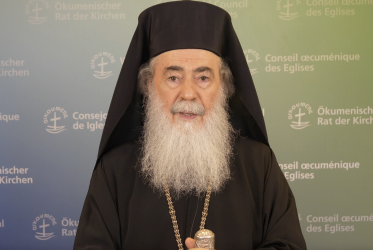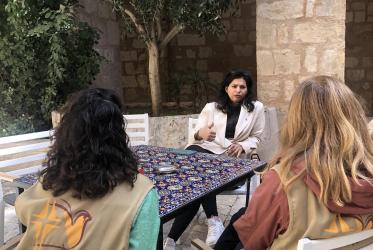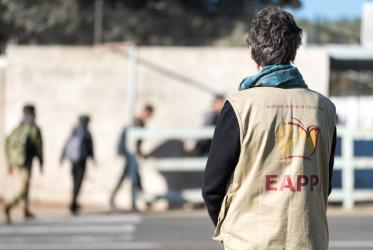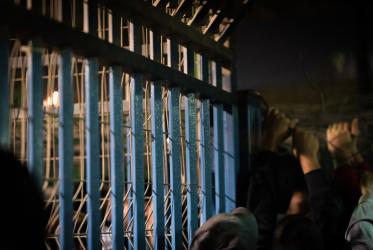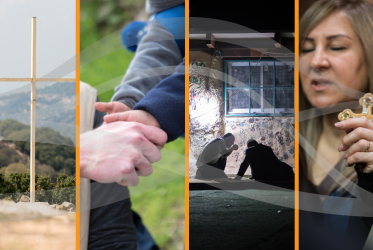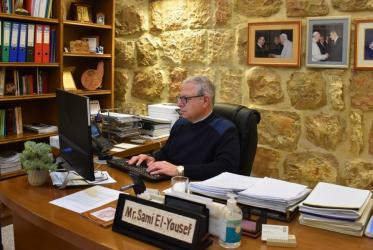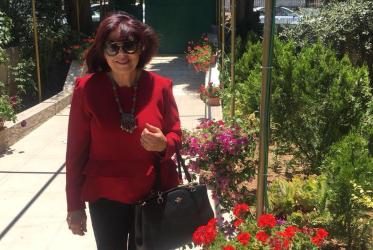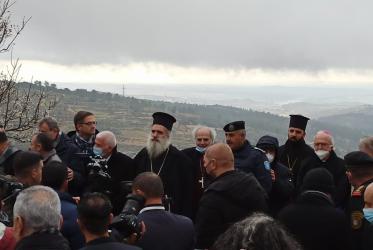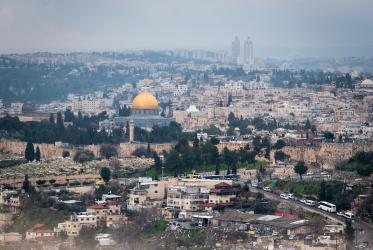Displaying 1 - 20 of 33
Global prayer reflects on spiritual home in the Holy Land
18 September 2023
WCC-EAPPI Easter Initiative 2022
16 March - 17 April 2022
Planting trees and working for peace in Palestine
26 January 2022
In East Jerusalem, “we will never give up our rights”
29 October 2021

